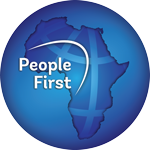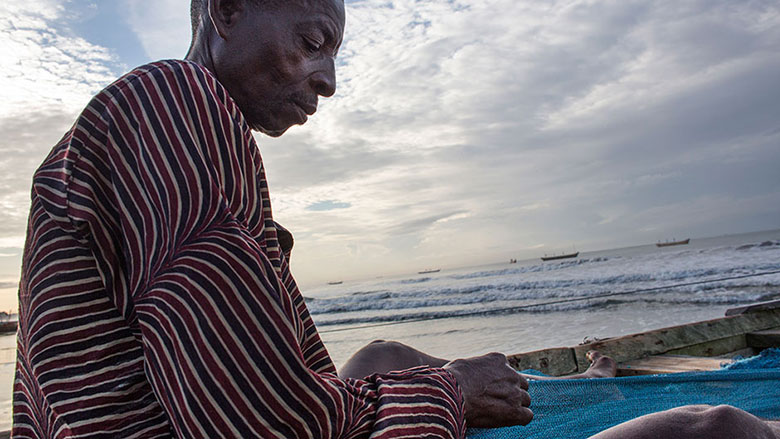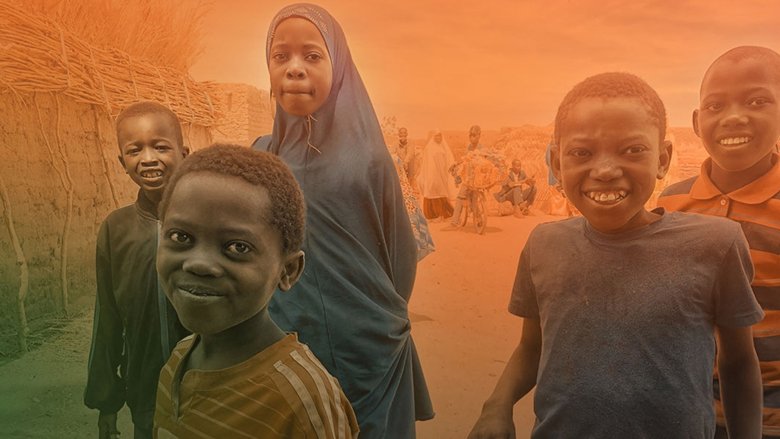A vast Sahelian country, Mali is a low-income economy, with limited diversification and vulnerability to commodity price fluctuations. Rapid population growth, low agricultural productivity, and climate change are major challenges to food security.
Political Situation
Mali has been experiencing a period of instability and conflict since the 2012 military coup and the occupation of the northern regions by armed groups.
Following the institutional breakdown of August 18, 2020, a transitional government and a National Transitional Council (CNT), acting as the parliament, were established pending the organization of democratic elections. Colonel Assimi Goïta was declared Head of State by the Constitutional Court on May 28, 2021.
A national dialogue for peace and reconciliation, organized by the transitional authorities from April 13 to May 10, 2024, was presented as an initiative aimed at restoring peace and social cohesion.
In May 2025, the government dissolved all political parties and banned their activities, citing public order concerns.
On July 3rd, Mali’s transitional parliament granted General Assimi Goïta a renewable five-year presidential term that does not require elections. The legislation establishing his new mandate specifies that it may be renewed any number of times deemed necessary until the country is pacified. The bill also stipulates that transitional presidents, government officials, and legislative members are eligible to participate in future presidential and general elections.
At the regional level, Mali joined Burkina Faso and Niger in signing the Liptako-Gourma Charter on September 16, 2023, thereby creating the Alliance of Sahel States (AES). The three countries announced their formal withdrawal from the Economic Community of West African States (ECOWAS) on January 28, 2025.
Economy
Mali’s economy remains undiversified from rain-fed agriculture and other commodities, making it exposed to climate and price shocks.
GDP growth is projected to reach 4.9% in 2025 (1.9% per capita), supported by the start of lithium production, services, and agriculture. The industrial recovery, primarily driven by mineral extraction and cotton ginning, offsets a 4% decline in gold export volumes due to temporary mine closures linked to tax disputes.
Real GDP growth is projected to average 5% over 2026-2027, supported by lithium production, agriculture and telecommunication. The current account deficit is estimated to widen to 6.5% of GDP in 2025.
Inflation is projected to rise beyond the WAEMU ceiling of 3% of GDP in 2025, driven by conflict- related crop losses, disruptions in food distribution and climate shocks. Poverty forecasts for 2025 are essentially flat, down just 0.3 pp to 36.4% from 2024.
The fiscal deficit is expected to widen to 3.3% of GDP in 2025, reflecting lower-than-anticipated mining revenues. While tax and customs measures supported revenue mobilization, spending pressures rose from public recruitment and flood-related spending. With public debt estimated at 52.9% of GDP in 2025, the risk of debt distress remains moderate.
Short-term priorities include strengthening fiscal consolidation efforts through digitalization, ensuring a sustainable evolution of the public wage bill and increasing both the level and efficiency of priority spendings. Improved regulatory quality, and resolution of the energy crisis would support the private sector and strengthen its investment in workforce development.
Last Updated: Oct 09, 2025









